Filter by
SubjectRequired
LanguageRequired
The language used throughout the course, in both instruction and assessments.
Learning ProductRequired
LevelRequired
DurationRequired
SkillsRequired
SubtitlesRequired
EducatorRequired
Explore the fMRI Course Catalog
 Status: Free Trial
Status: Free TrialRice University
Skills you'll gain: Mindfulness, Self-Awareness, Mental Health, Mental Concentration, Stress Management, Personal Development, Resilience, Cognitive flexibility, Persistence, Overcoming Obstacles, Emotional Intelligence
 Status: Free Trial
Status: Free TrialUniversity of Colorado Boulder
Skills you'll gain: Resilience, Personal Development, Persistence, Decision Making, Self-Awareness, Problem Solving, Self-Discipline, Cognitive flexibility, Emotional Intelligence, Adaptability, Stress Management, Human Learning, Mental Health, Psychology, Neurology, Behavioral Health, Goal Setting
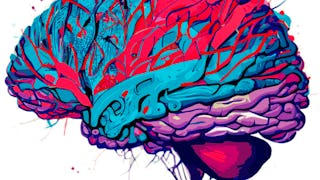 Status: Free Trial
Status: Free TrialDartmouth College
Skills you'll gain: Creativity, Culture, Liberal Arts, Neurology, Research, Psychology, Social Sciences, Science and Research, Ethical Standards And Conduct, Anthropology, Sociology, Cultural Diversity, Governance
 Status: Free Trial
Status: Free TrialDeepLearning.AI
Skills you'll gain: Deep Learning, Statistical Analysis, Clinical Trials, Feature Engineering, Treatment Planning, Data Analysis, Precision Medicine, Applied Machine Learning, Patient Treatment, Machine Learning Methods, AI Personalization, Artificial Intelligence and Machine Learning (AI/ML), Machine Learning, Predictive Modeling, Medical Science and Research, Text Mining, Health Informatics, Large Language Modeling, Medical Terminology, Natural Language Processing
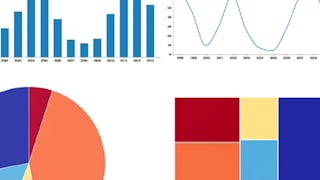 Status: Free Trial
Status: Free TrialUniversity of Colorado Boulder
Skills you'll gain: Data Visualization Software, Interactive Data Visualization, Visualization (Computer Graphics), User Centered Design, Statistical Visualization, Data Presentation, Usability, Data Storytelling, Human Computer Interaction, User Research, Usability Testing, Requirements Analysis, Design Elements And Principles
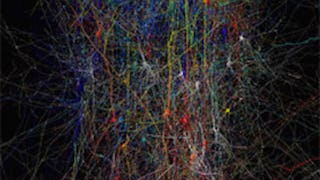
Hebrew University of Jerusalem
Skills you'll gain: Artificial Neural Networks, Neurology, Computer Science, Psychology, Basic Electrical Systems, Network Analysis, Anatomy, Simulation and Simulation Software, Computational Thinking, Mathematical Modeling, Biology

Skills you'll gain: PyTorch (Machine Learning Library), Image Analysis, Applied Machine Learning, Deep Learning, Computer Vision, Artificial Neural Networks, Machine Learning Methods, Data Processing, Performance Tuning, Supervised Learning, Regression Analysis

Peking University
Skills you'll gain: Neurology, Anatomy, Molecular Biology, Biochemistry, Biology, Basic Electrical Systems, Scientific Methods, Research
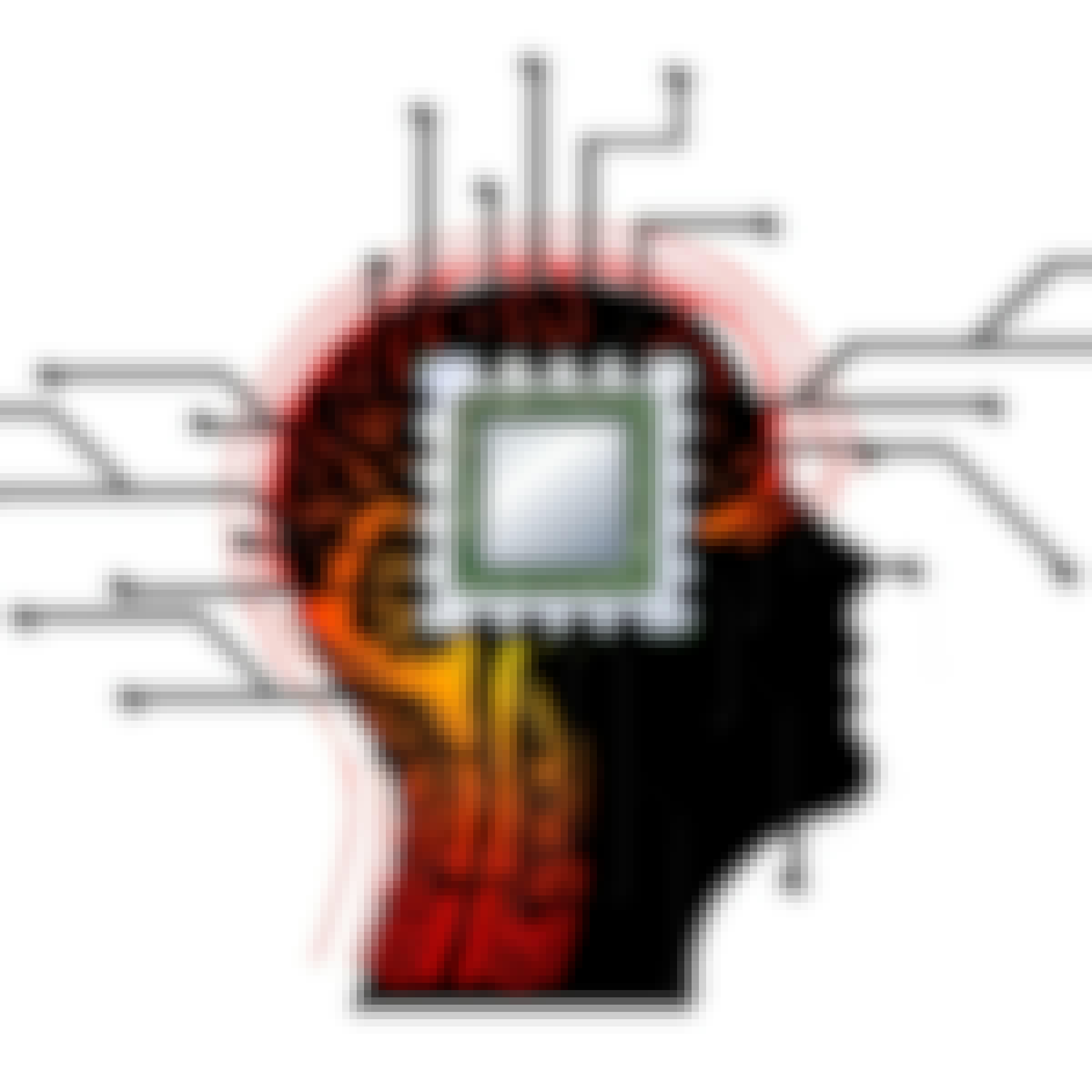 Status: Free Trial
Status: Free TrialUniversity of Colorado Boulder
Skills you'll gain: Computer Vision, Image Analysis, Artificial Neural Networks, Artificial Intelligence and Machine Learning (AI/ML), Computer Graphics, Computational Thinking, Deep Learning, Psychology
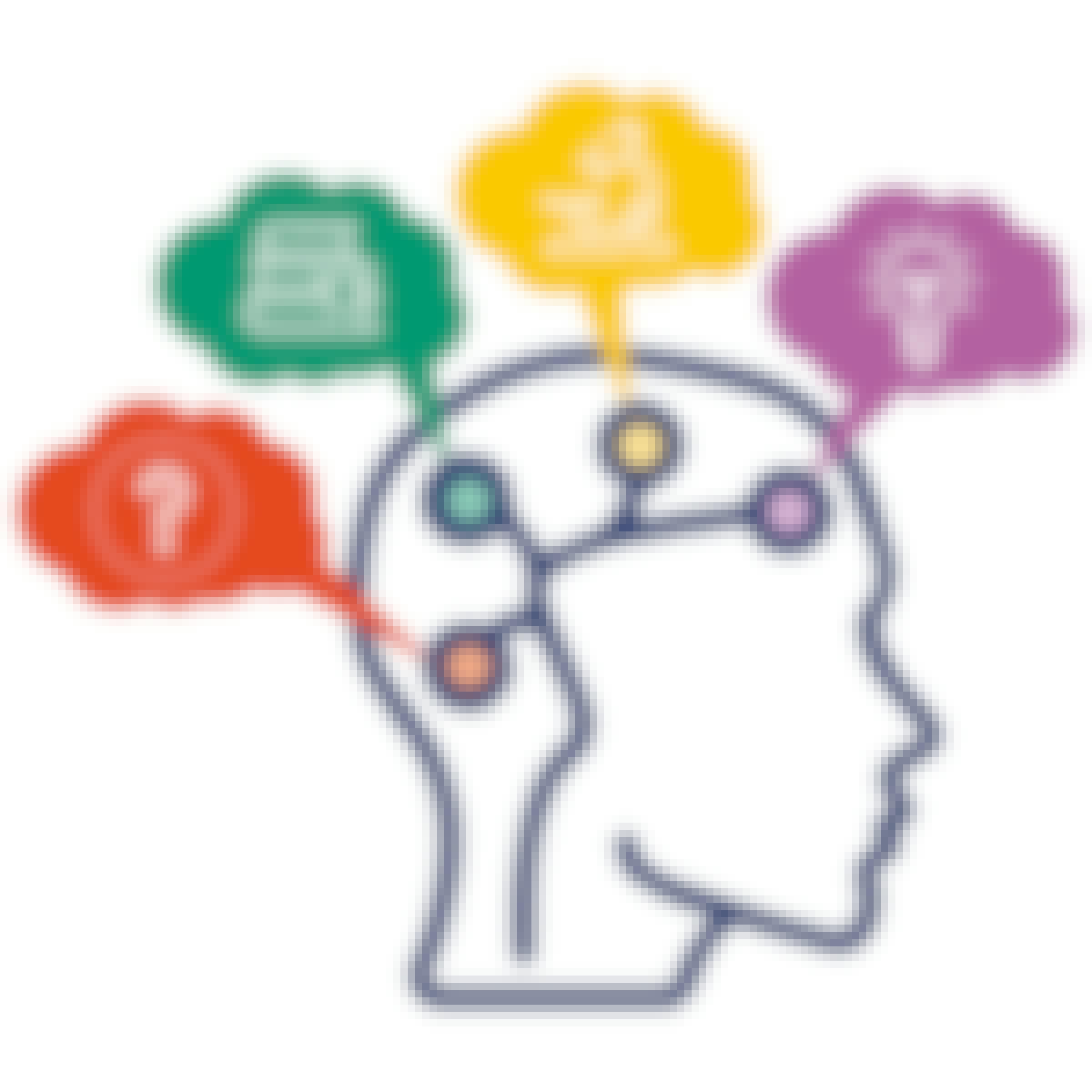
Johns Hopkins University
Skills you'll gain: Science and Research, Scientific Methods, Research, General Science and Research, Critical Thinking, Probability, Research Design, Probability & Statistics, Bayesian Statistics, Research Methodologies, Decision Making
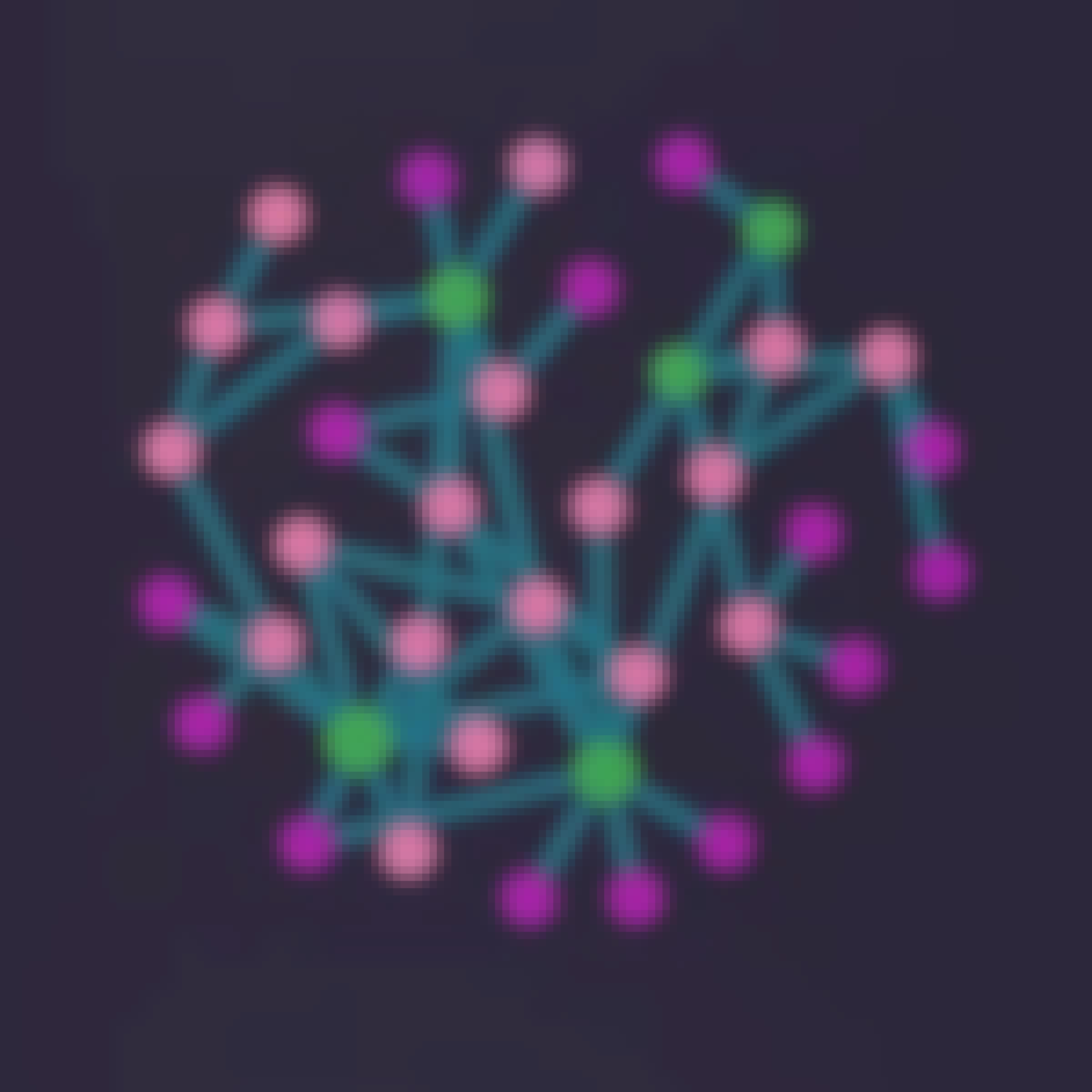
Coursera Project Network
Skills you'll gain: Journals, Organizational Skills, Document Management, Information Architecture, Content Management, Network Analysis, System Configuration
 Status: Free Trial
Status: Free TrialUniversity of Colorado Boulder
Skills you'll gain: Diversity and Inclusion, Innovation, Business Transformation, Organizational Leadership, Industrial and Organizational Psychology, Business Leadership, Organizational Development, Cultural Diversity, Human Capital, Leadership, Team Performance Management, Change Management, Team Leadership, Business Strategy, Decision Making, Neurology
In summary, here are 10 of our most popular fmri courses
- Mindfulness and Well-being: Foundations: Rice University
- The Neuroscience of Personal Excellence: University of Colorado Boulder
- Neural Basis of Imagination, Free Will, and Morality: Dartmouth College
- AI For Medical Treatment: DeepLearning.AI
- Fundamentals of Data Visualization: University of Colorado Boulder
- Synapses, Neurons and Brains : Hebrew University of Jerusalem
- Mastering Image Segmentation with PyTorch: Packt
- Advanced Neurobiology I: Peking University
- Computational Vision: University of Colorado Boulder
- Fundamentals of Scientific Research Under Uncertainty: Johns Hopkins University










